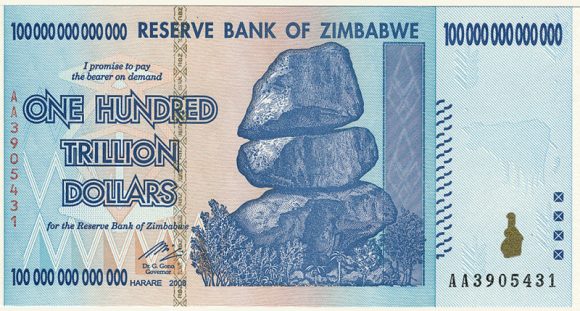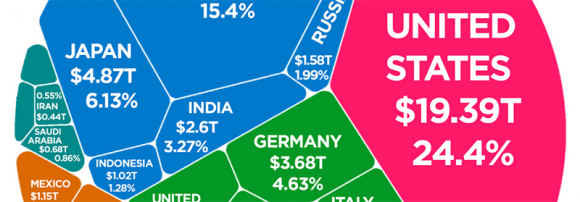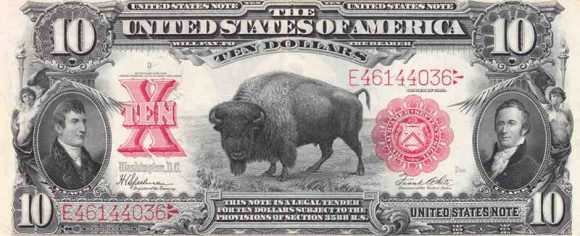
What are the negative consequences of large government deficits? Often the “aha moments” of understanding economics come in the midst of reading articles in The Economist. Not usually from the actual words, but from some fact coupled with flashbacks of learnings from all the books I’ve been reading. The latest of those was from an article in the November 2nd magazine, talking...


















